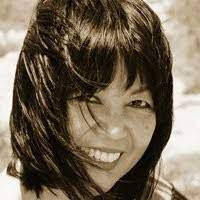 |
| Mitos Suson |
In her second autobiographical release, Mitos Suson remembers the dark and agonizing years of martial law, when her father was wrongfully imprisoned by the Marcos regime. “Shards of Time” chronicles the deleterious effects of her father’s arrest as a political detainee on the Zara family, affluent, well-connected and respected in Cebu. For almost five years, Suson and her siblings endured turmoil and uncertainty, the family’s finances almost depleted. Every trip their mother made to the prison required monetary and in-kind gifts for the guards. The psychological and emotional toll of family instability and economic insecurity on the young siblings had long-lasting impacts on their lives.
I read this book from my vantage point as a Filipina-American who was born and raised in the Philippines during the 1980s. Amid the current misinformation campaign that seeks to revise the record on the Marcos regime, “Shards of Time '' is an important reminder of the many lives and livelihoods irreparably damaged during the Martial Law era. The author’s youthful recollection and reflection underscore the brutality of Marcos era abuses of power. Children were at the cross-hairs of violence, fragile innocence lost. Regardless of one’s prejudices about class distinctions in the Philippines, Suson’s piercing narrative unravels the mythologies about the martial law period. Both rich and poor suffered during the abusive and murderous dictatorship that silenced and killed anyone that dared to speak up and question its authority.
In solidarity with the Zara family and countless others ruined by the Marcos autocracy, I proclaim: “No to dictatorship #NeverAgain #NoToMartialLaw”
 |
| Buy on Amazon |